Annotated Bibliography: Music Therapy for Palliative Care Patients
VerifiedAdded on 2020/03/16
|6
|1279
|270
Annotated Bibliography
AI Summary
This annotated bibliography compiles and analyzes five key research articles on the application of music therapy in palliative care settings. The articles, including integrative reviews and randomized controlled trials, explore the efficacy of music therapy in managing symptoms such as pain and anxiety in elderly patients. The studies, conducted in various settings, including hospitals and palliative care centers, investigate the physiological and psychological effects of music therapy, examining outcomes like pain intensity, relaxation levels, and autonomous nervous system responses. The research highlights the potential of music therapy as a complementary treatment, emphasizing its role in improving the quality of life for patients nearing the end of life. The bibliography also discusses the methodologies, authors, and relevance of each study, providing a comprehensive overview of the current evidence base supporting music therapy in palliative care.
1 out of 6
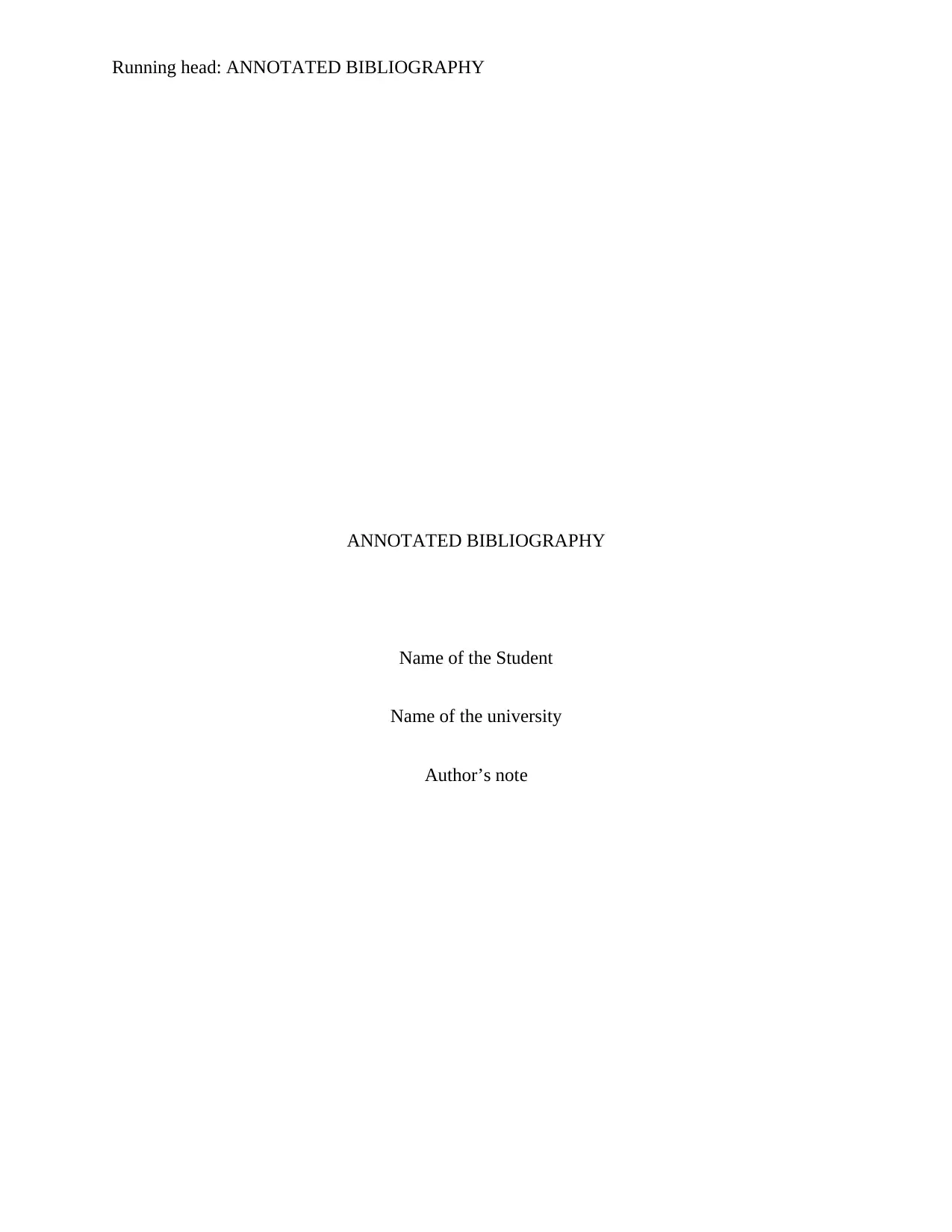
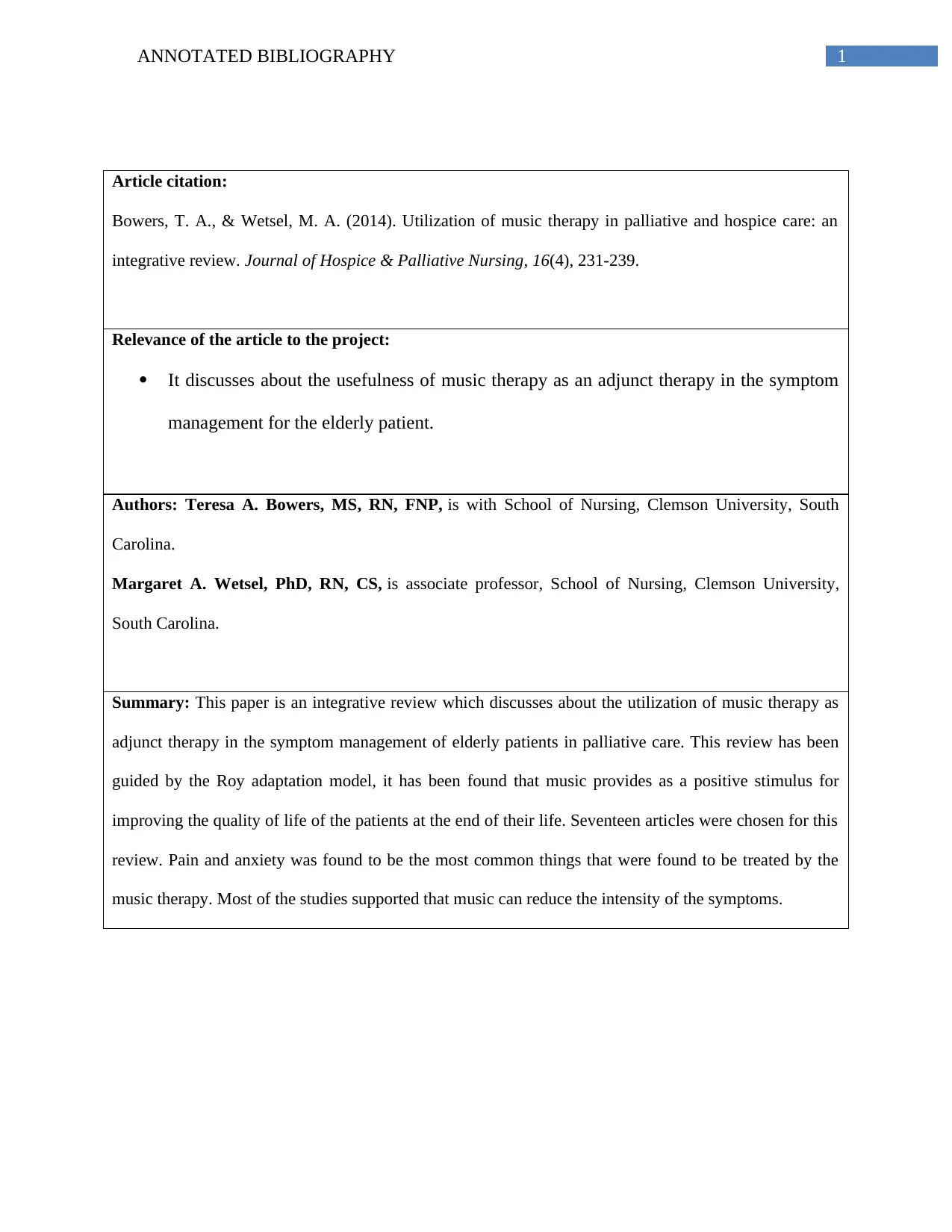
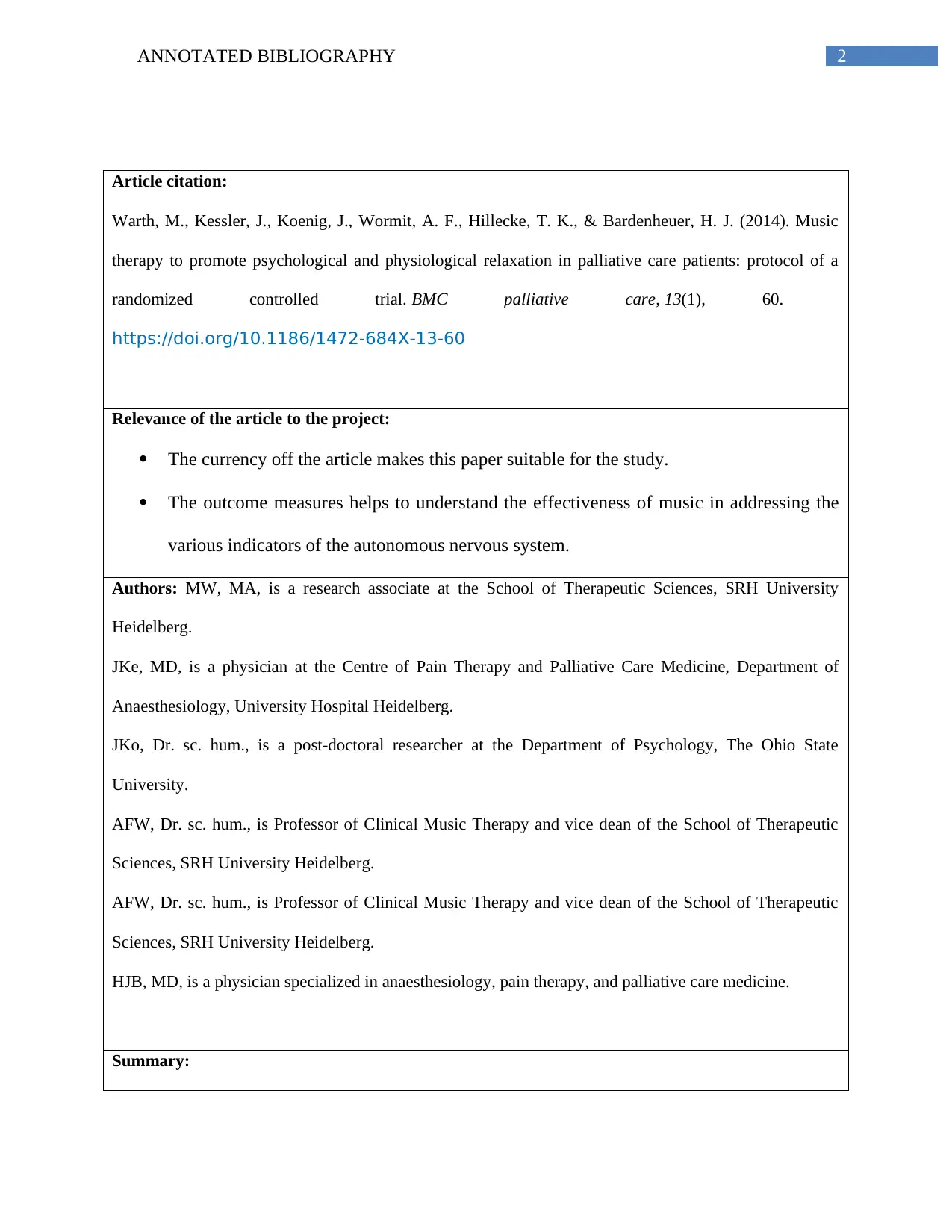


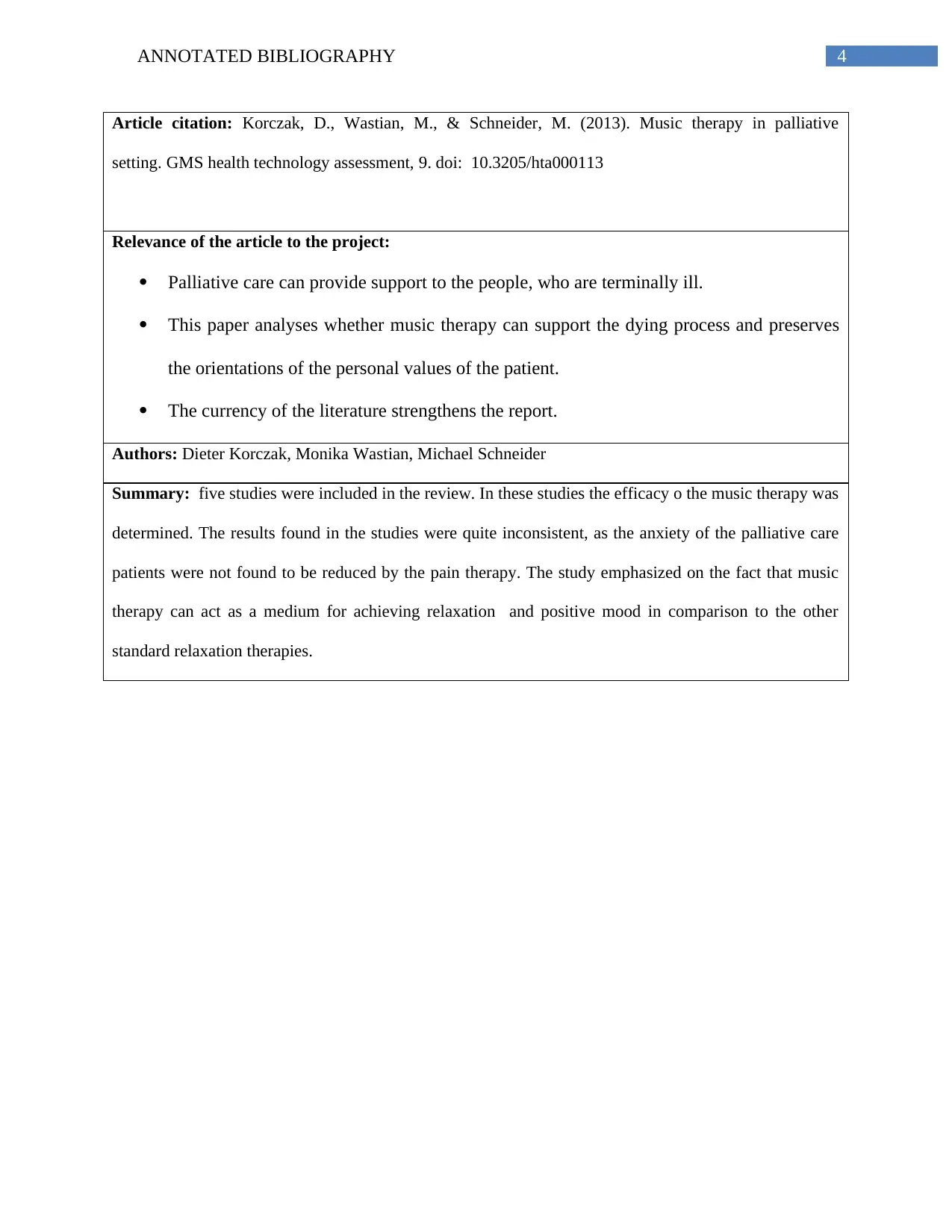
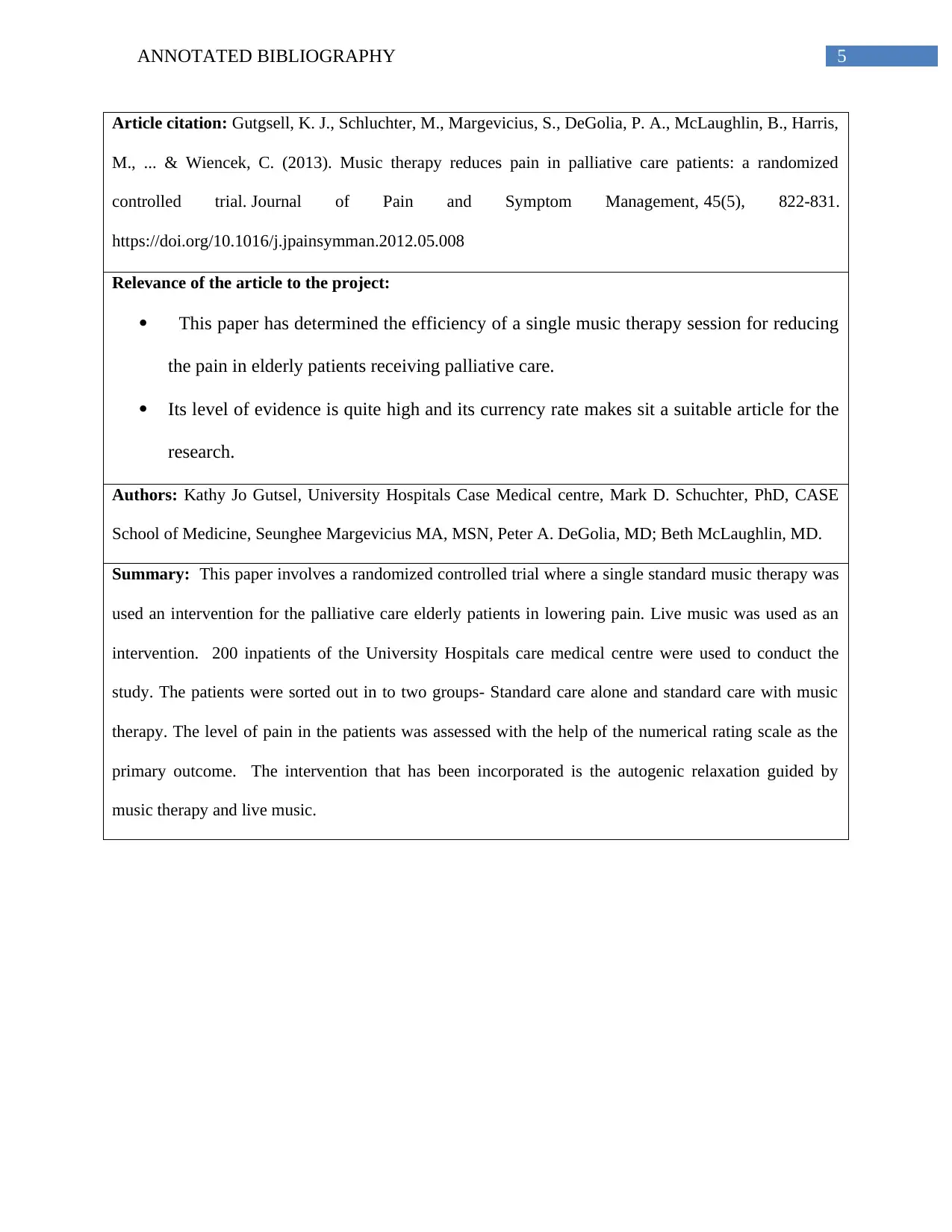
![[object Object]](/_next/static/media/star-bottom.7253800d.svg)